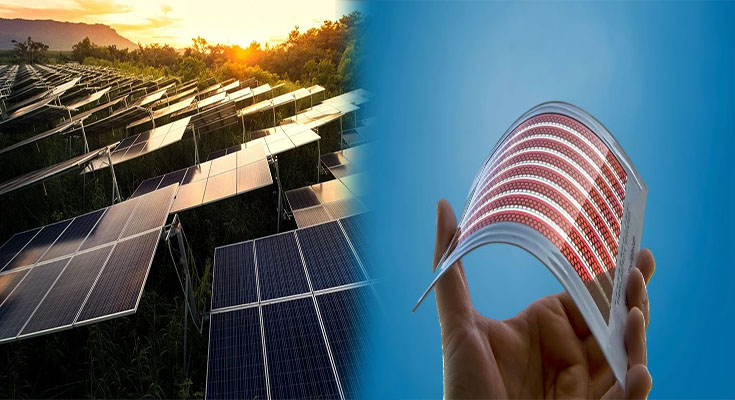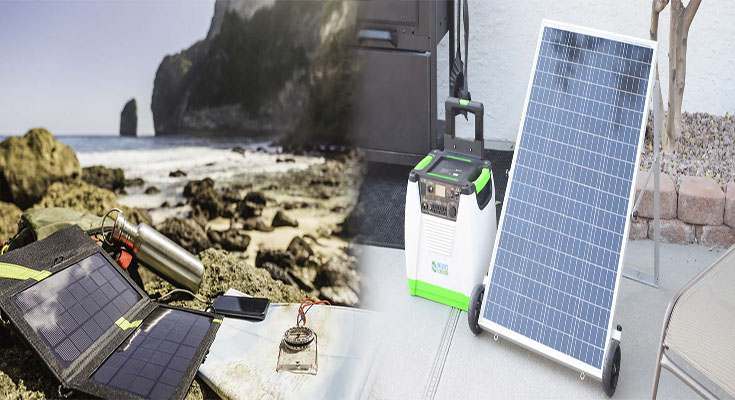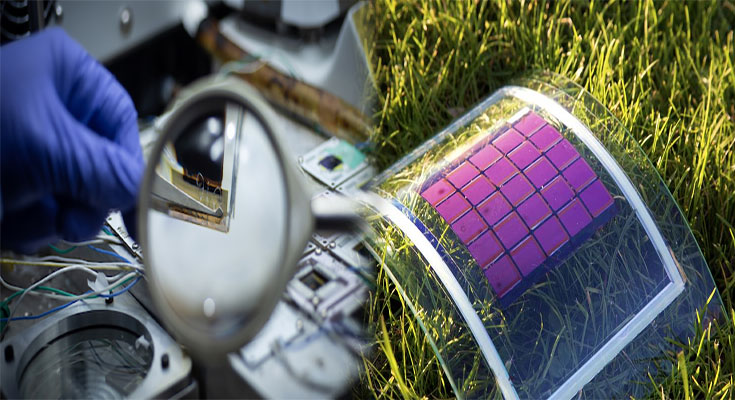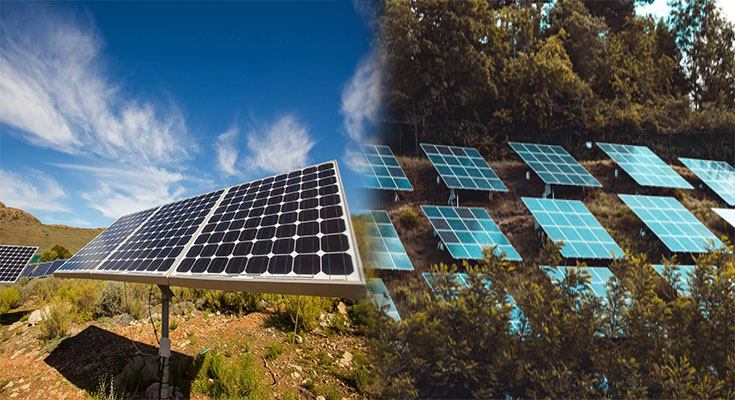
Off-grid Living: Residential Portable Solar Energy Solutions
In recent years, the concept of off-grid living has gained significant popularity. Many people are now considering alternative ways to power their homes and reduce their carbon footprint. One solution that has caught the attention of homeowners looking to go off-grid is residential portable solar energy. In this article, we will explore the benefits of off-grid living and how residential portable solar energy solutions can make it possible.
Off-grid living refers to the lifestyle of being self-sufficient and not dependent on public utilities such as electricity, water, or gas. People who choose this lifestyle aim to reduce their impact on the environment, gain independence, and live a simpler, sustainable life. While it may seem like a drastic change, off-grid living offers numerous advantages, including financial savings and increased resilience.
One of the main challenges when it comes to living off-grid is power generation. Traditional methods such as diesel generators can …
Off-grid Living: Residential Portable Solar Energy Solutions Read More




